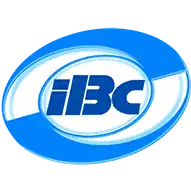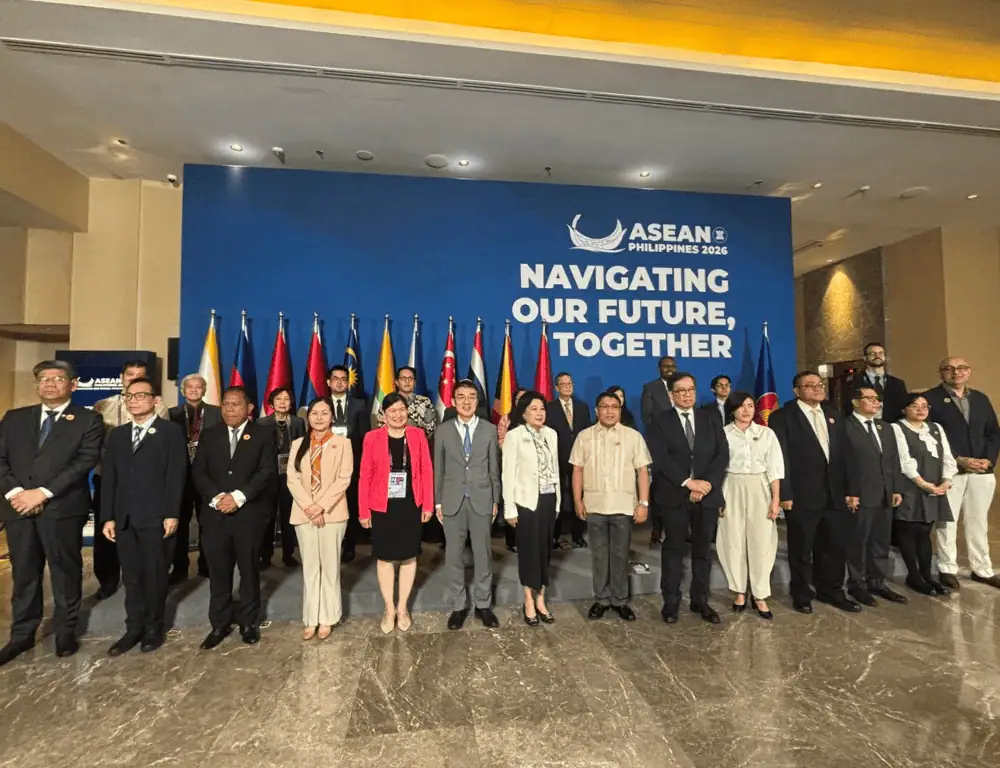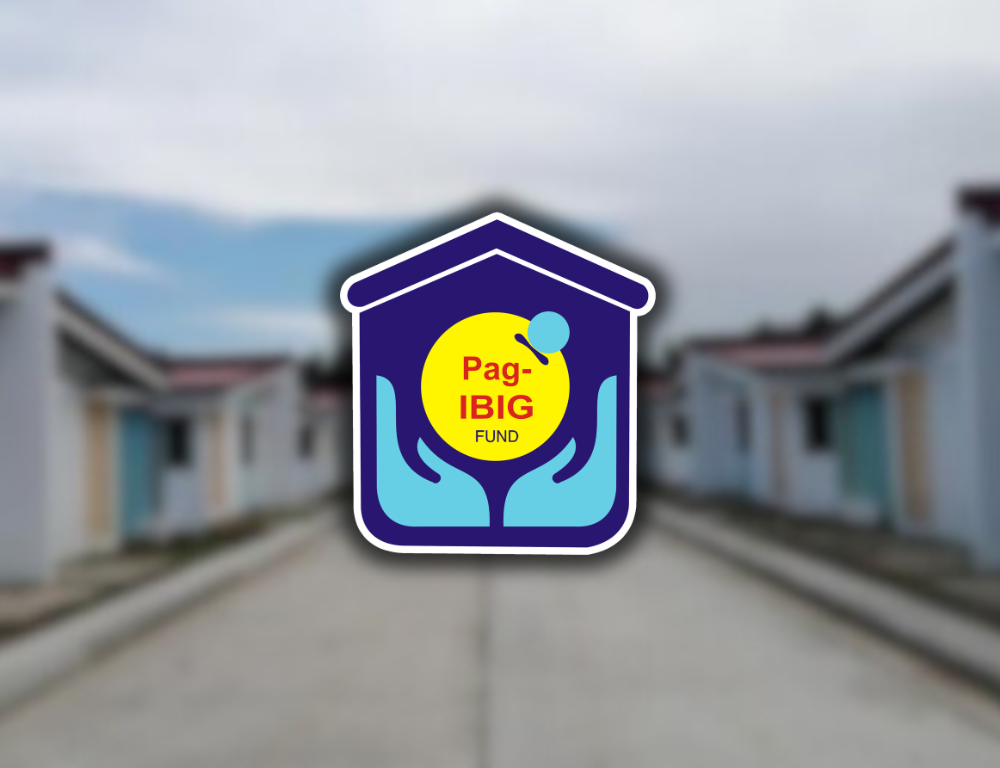
Internet-based businesses, or online shopping, became highly in-demand in the aftermath of the coronavirus 19 (COVID-19) pandemic in 2020.
As families holed up in the safety of their homes to avoid the deadly virus and with lockdowns ordered by the government, many displaced workers and brooding micro and small and medium business owners used the long hours tinkering with available home knick-knacks and came up with artistic innovations; some turned to the kitchen to polish their culinary skills and came up with lip-smacking gastronomic foodstuff; others engaged in interior renovation and improved their homes, getting ideas from Google-generated designs, among a myriad of activities.
When community lockdowns started to ease by the middle of 2020, but restrictions remained in place and public transport still banned, the high demand for supplies, especially cooked or home-prepared meals, continued.
This growing demand did not escape the keen eyes and sharp minds of enterprising individuals, who took the risk and pounced at the opportunity to earn by venturing into online selling.
During this period, telecommunication networks made leaps to ensure that strong and stable internet connections were available to their clients, while social media platforms became the ultimate best friend and favorite pastime of everyone.
The ultra popular Facebook was the most popular of these platforms. With a Marketplace section in its online pages, families started posting and uploading photos of “for sale” or “available” or “on stock” items, such as yummy-looking food items, ornaments or novelties, and even regular home, school or office supplies.
“For delivery” and “how much” phrases quickly became household words. Interest on online buying and selling rapidly caught fire, with thousands of individuals, families and groups riding the trend.
With the number of online sellers and buyers hitting the roof, electronic commerce, or e-commerce, suddenly became the norm – free, easy, and profitable but unregulated and risky.
One of those who got on board the online shopping trend was Jovi Caoile, owner of the Scents and Memories brand, a health and wellness shop known for its flagship product Aircon in a Bottle body mist. Other products from her shop include Breathe Well, Sleep Spray, and First Aid in a Bottle essential oils.
Caoile said she initially sold her products at her Facebook business page.
“Naging struggle namin noong umpisa how to set up an online platform that would handle our online transactions aside from our page, na one-stop transaction na talaga. First, hindi talaga ako techie to handle the applications online, until I was really forced to really study, apply and include our products in different platforms, like Lazada, Shopee and Tiktok,” she said.
She said challenges she faced in running her online shop included the distribution of doing the business, such as posting, selling, and fulfilment of orders. “We had to deal [with everything] one by one, like deliveries, mode of payments. She added she was slow in catching up with the trends, such as LIVE selling, which made it difficult for her.
Caoile’s business experience shifted and improved following the enactment of the Internet Transactions Act in 2023.
INTERNET TRANSACTION ACT
While the online or electronic commerce industry started in the early 2000s, the public’s appreciation of it peaked when COVID-19 restrictions were still in place. The proliferation of micro, small and medium online sellers made the industry even more thriving, as they offered a diverse array of products and services that were affordable even to the CDE market.
As the online business industry boomed and e-markets multiplied, transaction costs, however, skyrocketed. And with this, the explosion of scammers – cheating sellers, stealing riders, and fake buyers.
To address this, lawmakers drafted, deliberated, and approved a measure that sought to regulate the industry and to protect both costumers and retailers.
Republic Act No. 11967, or the Internet Transactions Act of 2023 (ITA), was signed by President Ferdinand R. Marcos, Jr. on December 5 last year to provide the legal cover for government regulation of the booming industry.
The law is aimed at building trust among online consumers, online merchants, e-retailers, e-marketplaces, and digital platforms engaging in e-commerce, by providing a regulatory framework that will standardize online shopping, protect data privacy, and uphold intellectual property rights.
Under the ITA, digital platforms, e-marketplaces, e-retailers, and online merchants are required to make business information more accessible to online buyers. The DTI shall penalize online businesses selling prohibited items or regulated products online without necessary licenses or permits. To build trust in
e-Commerce, the DTI is tasked to develop an online business database (OBD), an efficient online consumer complaint referral and tracking system, and to use technology to protect online consumers from scams or fraudulent transactions.
The ITA set an 18-month transitional period, or until June 2025, for affected parties to comply with the regulatory requirements.
The law covers all business-to-business and business-to-consumer internet transactions where one of the parties is in the Philippines. It does not apply to consumer-to-consumer or personal transactions or online media content.
In 2023, the Department of Trade and Industry (DTI) registered 18,153 business names under the “Retail Sale via Internet” business activity. Industry records also show that in 2023, some 88.2 percent of Filipinos were shopping online.
The country’s e-commerce market has a projected market volume of US$25.01 billion by 2029.
E-COMMERCE BOARD

The DTI, being the primary implementor of the ITA, spearheaded the drafting and signing of Joint Administrative Order No. 24-03, Series of 2024, or the law’s Implementing Rules and Regulations (IRR).
Among other things, the IRR lays down the guidelines for the creation of an inter-regulator cooperation mechanism; addresses cross-cutting issues on internet transactions; and writes down the parameters for the drafting of codes of conduct for online businesses and consumers, and the procedures for imposing fines and sanctions.
The implementing rules and regulations likewise gives enforcement powers to the trade department to ensure the proper and efficient implementation of the ITA.
To fulfill the mandates of the law, the ITA created the E-Commerce Bureau (ECB), which shall be steered by the DTI.
The ECB is mandated to formulate policies, plans, and programs to ensure the dynamic development of e-commerce; prepare research, position papers, and a code of conduct for e-commerce; and formulate guidelines for the takedown or removal of online listings or promotions that violate laws or regulations.
It is also tasked to collaborate with other government agencies and the private sector to enhance the competitiveness of the local e-commerce landscape; develop and manage systems related to business registry and regulation; and monitor, investigate violations, and crack the whip on online merchants and digital platforms to make sure that they comply with the registration obligation.
The bureau is authorized under the law to collect relevant data from digital platforms and online merchants that would be used in the formulation of policies and an e-commerce roadmap that would serve as the government’s blueprint in regulating the industry.
E-COMMERCE ROADMAP
Former Trade Secretary Alfredo Pascual last April 8 convened the E-Commerce Promotion Council (EPC) to discuss the establishment of the E-Commerce Philippines 2024-2028 Roadmap.
The meeting was attended by representatives from the government and private sector within the e-commerce ecosystem, including those from digital platforms, e-marketplaces, digital payments, and telecommunication companies.
The four-year roadmap is envisioned as a future-ready plan that will identify 13 strategies and 28 deliverables that will be used by the government to stimulate both domestic and cross-border e-commerce, especially in the tourism, creative, food and agribusiness, transportation, and logistics industries; and propel Philippine products and services to the global stage.
Pascual said the masterplan will “represent a shift from easy commerce to exciting commerce;” “strengthen the trust between buyers and sellers,” especially those in the tourism, creative, food and agribusiness, transportation, and logistics industries; and promote inclusivity in e-commerce, with programs geared towards youth, women, persons with disabilities, and senior citizens.
“By achieving this, we can foster a more complex economic landscape, enhancing connections and establishing stronger relationships,” he said
The 2024-2028 roadmap will build upon the gains of the E-Commerce 2022 Roadmap, which contained 20 strategies and 22 agendas that empowered online consumers, integrated businesses in e-commerce platforms, promoted cashless transactions, and fast-tracked digital transformation.
EASY BUSINESS
Caoile said that with the signing into law of ITA, her online business transactions became easier and faster.
“Naging mas madali mag-transact ng business from step one up to fulfilment ng transaction, from product sourcing, ordering, delivery and payment and after-sales service,” she said, adding that the ease of doing her business venture helped her foster trust and confidence with her clients.
“Mas napadali ang transaction of doing business and fostering trust and confidence among consumer and business. The DTI in RIZAL province helped us grow our business by introducing us with a lot of programs we can benefit and use to keep up with the trends of doing business like being visible online,” she said.
Scents and Memories is already on its seventh year. Caoile said she is grateful for the various efforts of the DTI to help MSMEs, especially small e-commerce businesses, as these have boosted her sales.
“We were able to join national trade fairs and cater to corporate accounts and we were able to retain a roaster of accounts and clientele since then. We have come a long way already, malaking tulong ang ganitong programa” she said. (End)











